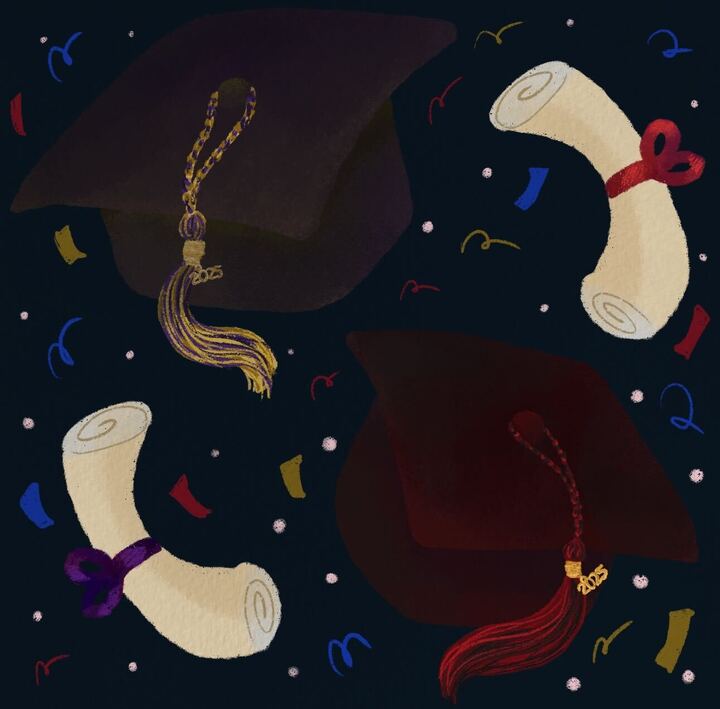
Whether you are here at the campus, at the market, or at the home improvement store, the green movement constantly bombards you. Considering Mars doesn’t seem like a viable living option any time soon, maintaining the already established planet Earth seems to be something of importance.
For those of you living under a rock, the green movement is not something related to a bunch of pot smoking hippies. Rather, it is the process by which our world becomes more environmentally conscious.
Here on campus, the green movement, also known as sustainability, has been established; however, its ranks and success failed to grasp a spot in the top 100 most sustainable US universities by the Sierra Club.
With four of the top ten schools on the list being UC’s, one must ask, how can we Matadors get to the point of sustainability that we too can help our planet – plus, ranking on any list always makes you feel a little special.
Byron Washom, Director of Strategic Energy Initiatives at the University of California San Diego (ranked 3rd in the nation by the Sierra Club), said, “Green initiatives should actually be rephrased to be “green way of life” since through education, consumer behavior and innovation, society as a whole is embracing sustainability now, not as an “initiative”, but as a “way of life.”
Washom’s conception of the “green way of life” coexists well with his fellow team member Dave Weil, UCSD Director of Building Commissioning and Sustainability. Weil describes the process of becoming green as one that must be done through student initiative and getting senior leadership, i.e. the president of the university, involved.
On campus, there are green clubs, green buildings, and CSUN was even the first university in California to install a fuel cell utilizing the Self Generation Incentive Program, but there is always more that can be done.
Taking a look at CSUN’s sustainability website, one would note all the movements and involvements that exist to encourage this “green way of life,” however the backing from students does not seem to be as apparent as those from other schools such as Cal Poly, San Diego State, CSU Long Beach, and UCSD.
This semester was the first semester sustainability was an option for a minor. Currently in development is a Masters Program in Sustainability Practices. The school has laid out the footwork for a sustainable life style; the rest is truly in the students’ hands.
Yes, the idea of spending more money to replace all our light bulbs with LED lighting sounds pricey. But, when Weil, Washom, as well as many others have proven the long-term fiscal savings, it is difficult to deny that sustainability and the green way of life isn’t important.
“Life cycle costing shows the comparison of initial construction costs to the savings accrued because of the sustainable construction techniques used,” Gary Matthews, Vice Chancellor for Resource Management and Planning at UCSD said. “In many instances where there is an existing building, changes in a system may pay for it self in reduced energy costs within several years.”
Drastic change like in the city of Long Beach where they banned the use of plastic bags and began charging ten cents per paper bag used is not necessary. If students work together to encourage the incentives through recycling, reducing waste, and educating ourselves on this life style, an improvement can be made.
It is understandable that putting forth such efforts can be exhausting, time consuming and, for those of you who still don’t believe our world is impacted by global warming, ridiculous, think fiscally; you will save money over time.
Contact our Sustainability Director, Helen M. Cox, and Administrative Coordinator, Sarah E. Johnson, research the sustainable ways, donate to the cause, do your part as an active college student to help our planet be a pleasant place to live until our next ice age. There is power in numbers.






